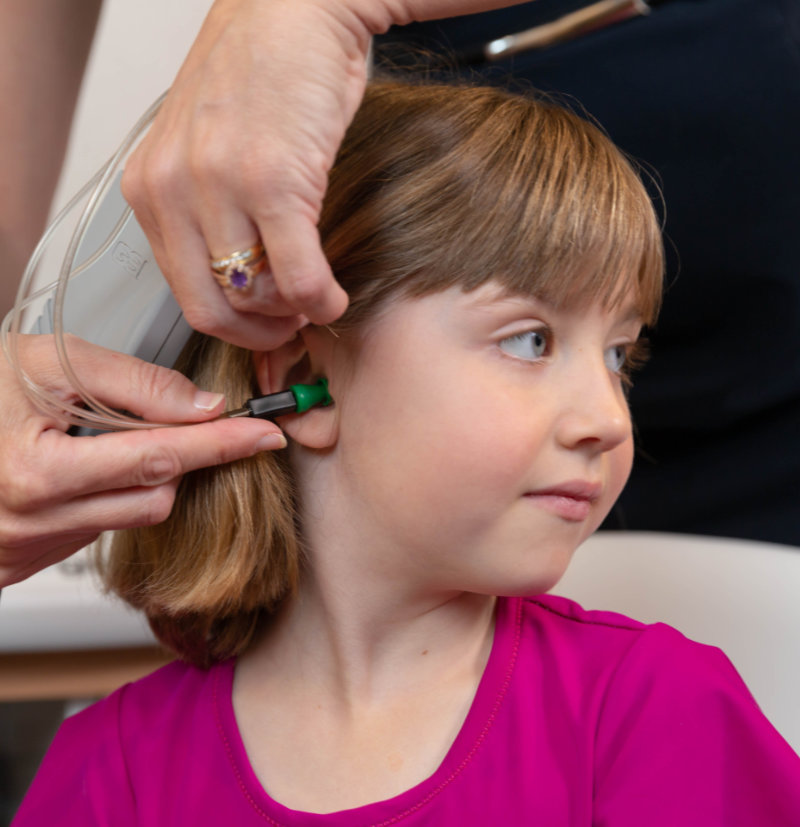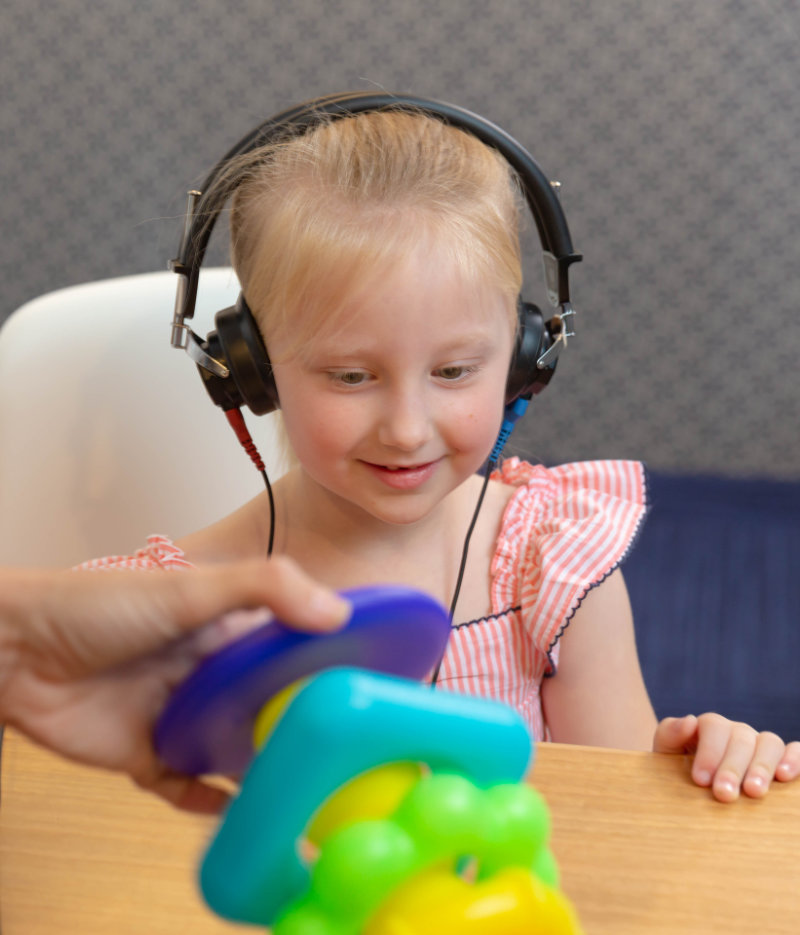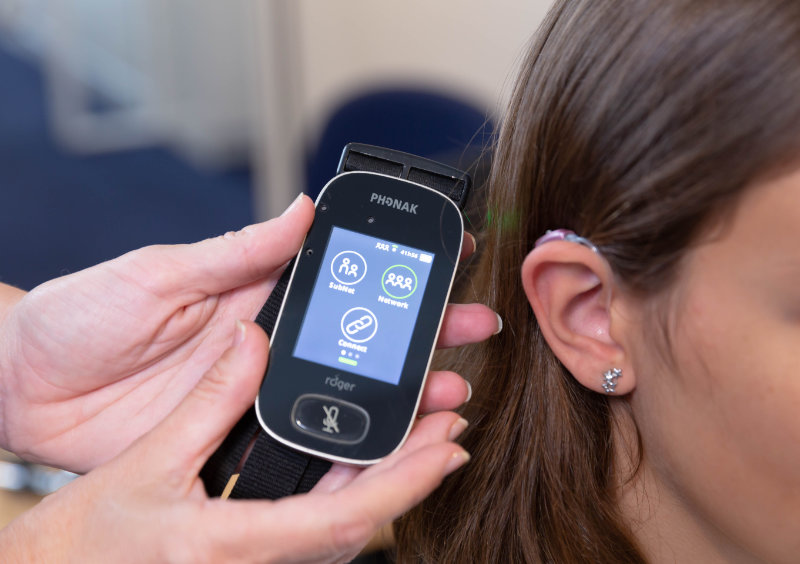Hearing Loss in Children
Book a Hearing TestSigns of problems
Hearing in children can change and fluctuate, and unfortunately, many children are often mis-diagnosed with other difficulties, unless a hearing assessment is performed. If your child has any of the following, there could be underlying hearing problem:
- Frequent colds and flus
- Runny noses or allergies
- Ear infections
- Poor speech and language skills
- Poor literacy
- Poor or irritable behaviour
- Struggling at school
- Night waking
- Fussy or picky eating
Toddlers & school aged
Nearly 95% of children will experience a middle ear infection at some point, with many children having recurring infections which impacts their hearing. Being able to hear and process what is heard, is vital for children to be able to speak and learn. If your child exhibits any of the following, an underlying hearing problem may be the cause:
- Difficulty understanding what people are saying
- Speaks differently or less clearly than other children of the same age
- Speaks loudly
- Doesn’t respond when called by name
- Requests the TV volume to be increased or sits close to it
- Academic performance starts to be a struggle
- Has poorer language skills or reading ability compared to their peers
- Complains of ear pain, earaches or noises
- Switches ears, or favours one ear when talking on the phone
- Says “what?” or “huh?” a lot
- Watches a speaker’s face very intently
- Ignores you when you are speaking to them or giving them instruction
- Is a restless sleeper
Signs in Teenagers
Teenagers mixed behaviour patterns can result in an underlying hearing problem being easily overlooked. Nevertheless, hearing issues in teens is on the rise because of frequent headphone and earbud use at damaging levels.
- Turning the TV or Stereo up excessively louder than others
- Speaking in a raised voice, or alternatively mumbling or talking too softly
- Appearing to ignore you when you speak in a normal volume
- Not following directions
- Reporting a distracting buzzing, ringing, or whining noise in their ears
- A drop in academic performance
- Reduced classroom participation
- Reduced desire to socialise
- Decrease in confidential and self esteem



